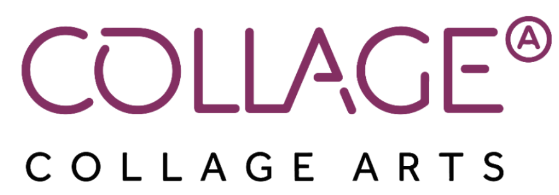Embedding anti-racist practice will help close the learning gap
A new borough-wide project is promoting educational equality through art, says co-founder of Haringey Community Press, Manjit Dulay,
(This article was published in Haringey Community Press on 8 October 2022)

By Manjit Dulay
Alexandra Primary School, a school I was head of for almost seven years, has co-founded a groundbreaking two-year project called ‘Voices for the Future’, funded by the Paul Hamlyn Foundation Teacher Development Fund. The project, supported by a grant of £144,882, aims to improve the speaking and listening skills of pupils using creative and anti-racist practices. Crucially, the project will focus on the development of teacher’s skills to better support children’s learning.
Embedding anti-racist practice across our schools works directly to counter inequity in the classroom. Enabling this to happen in creative, supported ways will help build resilience, broaden horizons and raise voices.
In Haringey, we have huge disparities in achievement between white British pupils and particularly those of Black Caribbean, Turkish and Kurdish heritage. According to the ‘State of the Borough’ report from 2019, only 52% of Black boys attained grades 9– 4 in English and maths, and children from Black Caribbean backgrounds achieved on average two grades lower than white British children. Children from Turkish backgrounds attained 1.5 grades lower. Successive lockdowns have only increased such disparities. In my school, we saw how children’s development of language and speech skills had been impaired.
Voices for the Future is a collaboration between Collage Arts, Haringey Creates, and six Haringey primary schools (Alexandra Primary School, Lancasterian Primary School, The Willow Primary School, Earlsmead Primary School, West Green Primary School and Rokesly Junior School). It will explore the ways in which an anti-racist led, arts-based approach to learning can help address this gap.
Anti-racism is a term that has been in school equalities policies for a number of years. By the nature of the borough’s culturally diverse make-up, all of our schools have diverse communities and I think it’s true to say that none of us have ignored racism as an issue.
However, the events of summer 2020, including the murder of George Floyd, brought it to the forefront of all of our minds.
In 2020/21 schools were audited around the whole race agenda. Hackney’s Diverse Curriculum (a nine-week lesson plan aimed at diversifying curriculums) has been a reference point, and The Black Curriculum has put challenging accepted norms of the education system at the forefront of the public’s minds. But what does this mean for schools in Haringey?
I believe it is about having an inclusive, supportive curriculum that challenges intolerance and racism. It is about actively identifying and opposing racism while providing the space to challenge how we normalise racism everyday. It is imperative that we do this through our teaching and learning to achieve real and meaningful inclusion. Can working in a creative and arts-based way help us to do this?
Voices for the Future aims to support Haringey schools to test this out, working with intersectional artists from Collage Arts to support our students and teachers. Creatives from the world of theatre, music and visual arts will work with teachers and students in a collaborative way, drawing on techniques that stem from a range of cultural backgrounds. Together, they might write a play that draws on Caribbean storytelling techniques, or create sculptures inspired by African, Turkish or South Asian music. The crucial point is that the approach and knowledge would continue to grow in the school beyond a one-time project.
As we see the uptake of arts-based subjects for GCSE and A-Level go down, and the government suggesting that creative professionals retrain in tech, it is vital we ensure the arts do not go forgotten.
We hope this project is going to give teachers the skills and confidence to deliver inclusive arts-based learning across the curriculum. We will be sharing our learning beyond the six schools we work with, creating resources and toolkits for our community of schools in Haringey and beyond. I can’t wait to see where this project leads.
